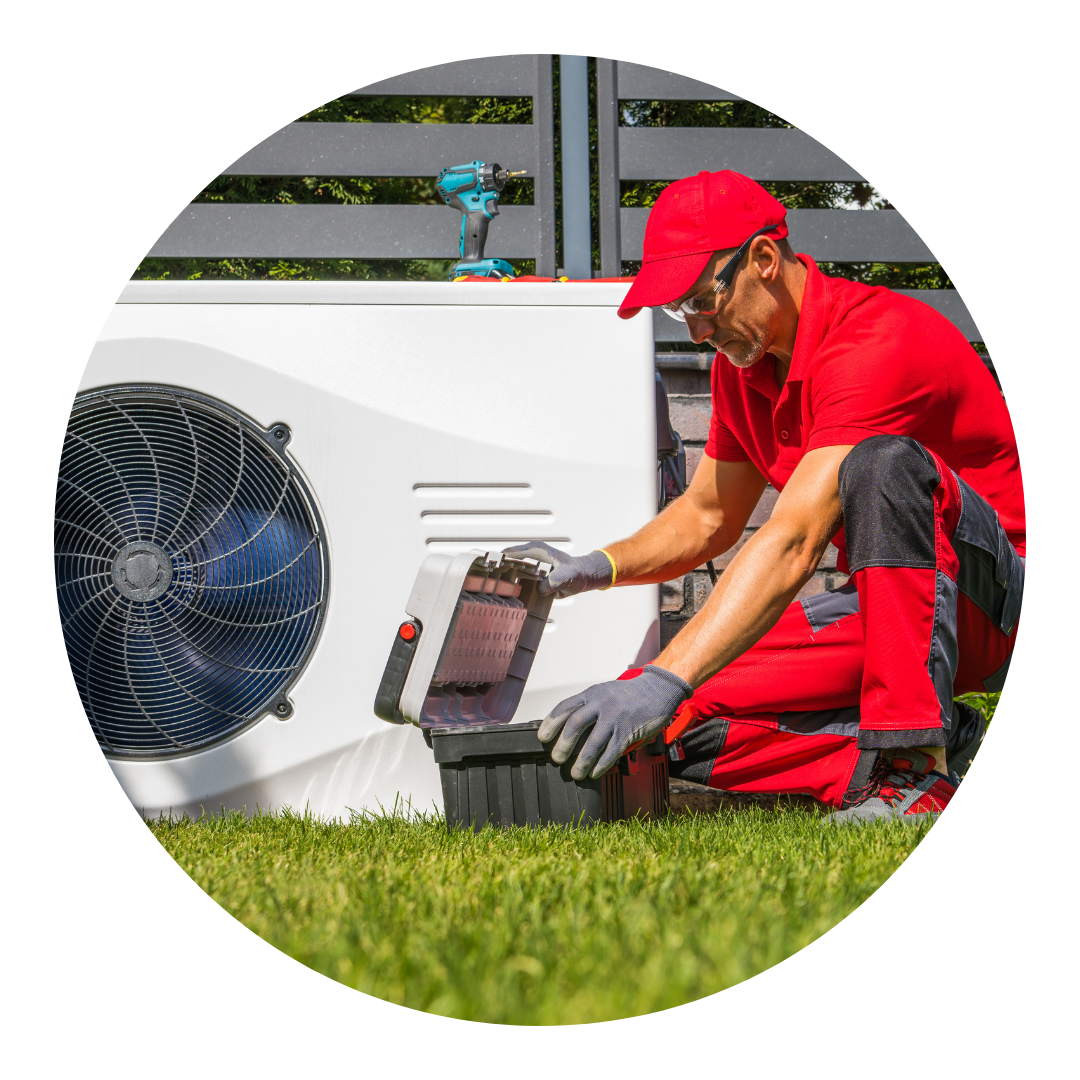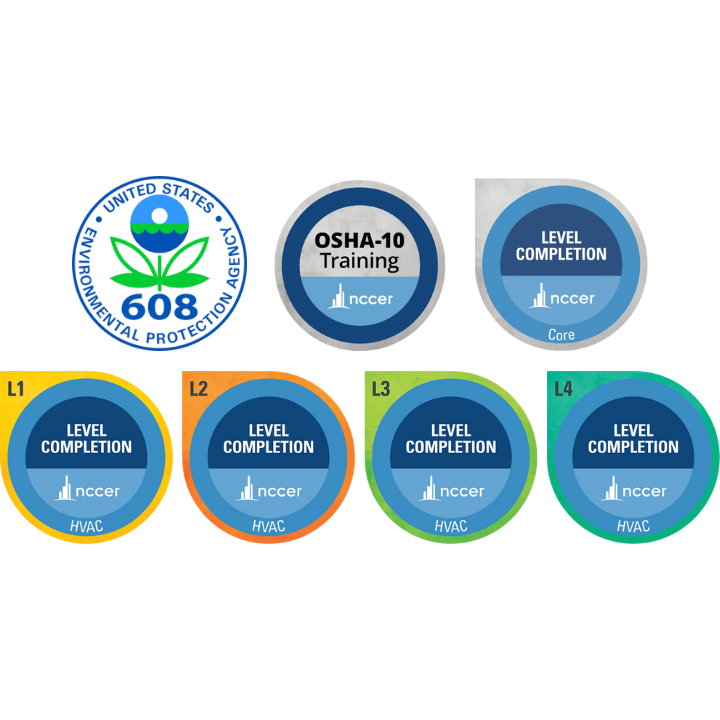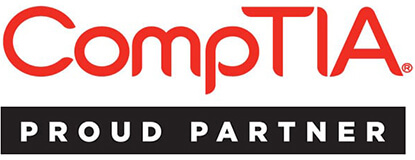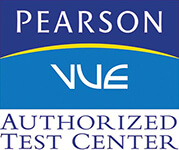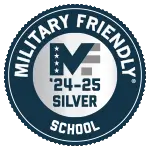18 Month* Hands-On Refrigeration & HVAC Technician Training Program in Colorado Springs and Grand Junction

The Refrigeration and HVAC Technician program is designed to give you the confidence and skills you need to succeed in your new career.
At IntelliTec College, you’ll learn how to install, maintain and repair heating, ventilation, air-conditioning and refrigeration systems. You’ll also build professional customer service skills that will benefit your future success.
How will IntelliTec College prepare me for my Refrigeration & HVAC Career?
Hands-on skills students learn in the classroom and lab settings include:
- Installation and operation of electrical controls operation
- Maintenance & repair of residential & commercial heating and air systems
- Refrigerant recovery and evacuation
- Operation, maintenance, & repair of commercial refrigeration systems
- Diagnosis of pressure sensing devices of programmable control systems and the diagnosis of mechanical control systems
- Troubleshooting of chilled-water systems & water tower systems & pumps
- Customer service and professional confidence
- Installation of domestic & commercial water heaters & HVAC systems
- Combustion analysis and blueprint reading
Next Start Dates
*Program length when completed as designed.
If you’re searching for HVAC training in Colorado Springs or wondering how to become a refrigeration technician in Colorado, IntelliTec College can help you move forward. Many people ask where they can learn to work on heating, ventilation, air conditioning, and refrigeration systems and start building a career in the skilled trades.
Our Colorado Springs campus serves students across the region who are ready to gain hands-on experience and take the next step. Whether you’re exploring new career options or already know you want to work in HVAC and refrigeration, our team is here to answer your questions and help you get started.


